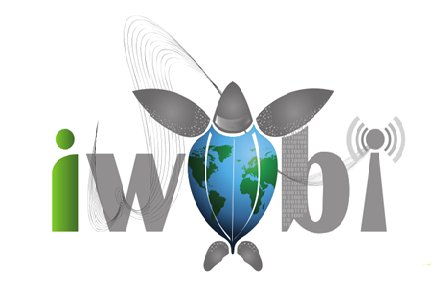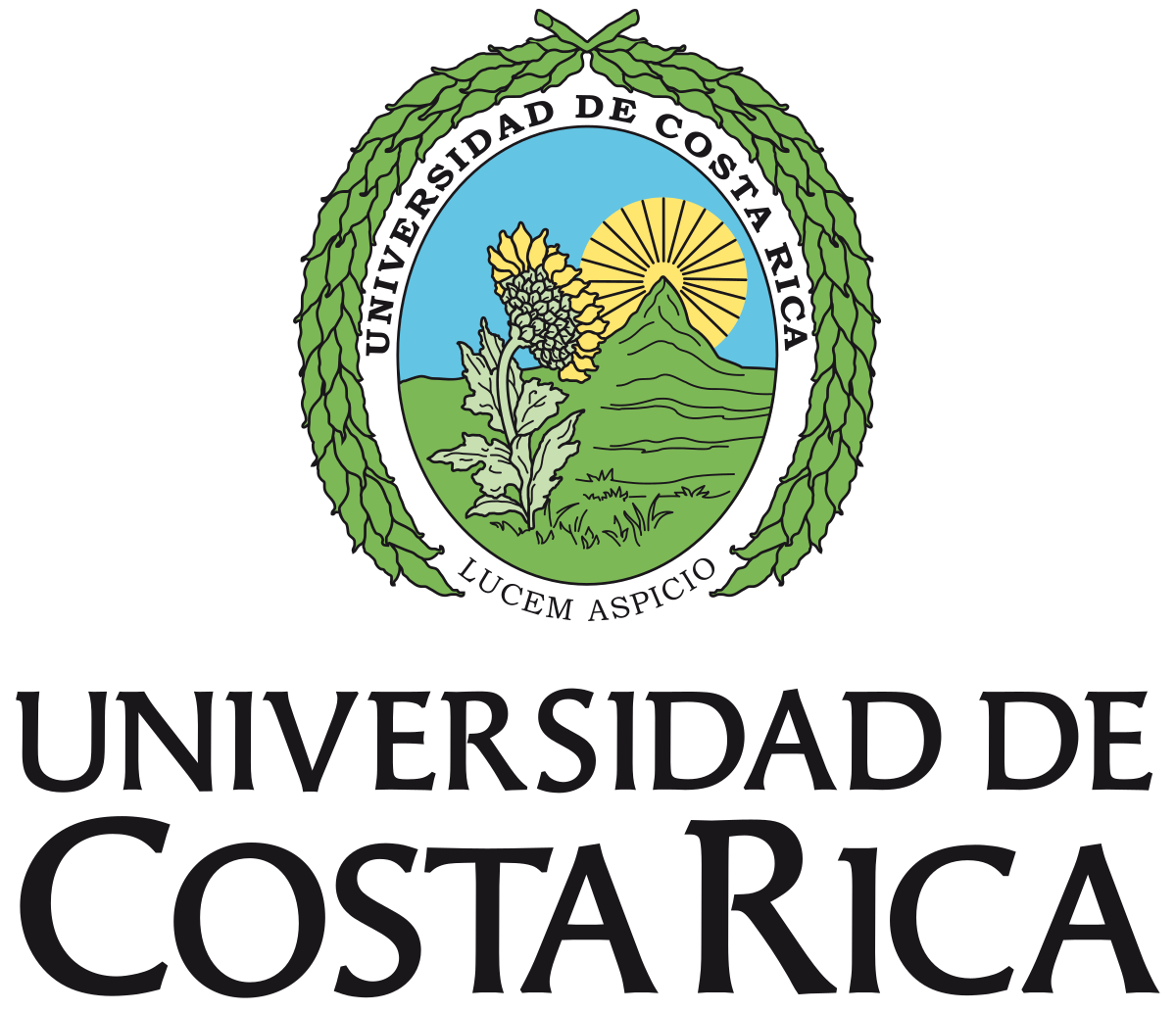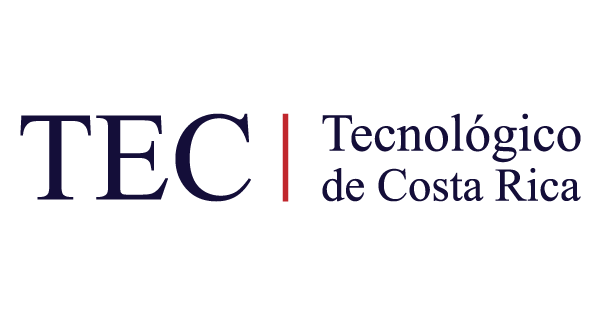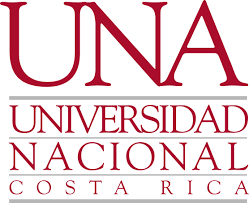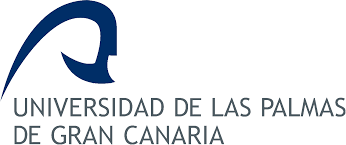Prof. Dr. Rodrigo Mora-Rodríguez
University of Costa Rica, San José, COSTA RICA
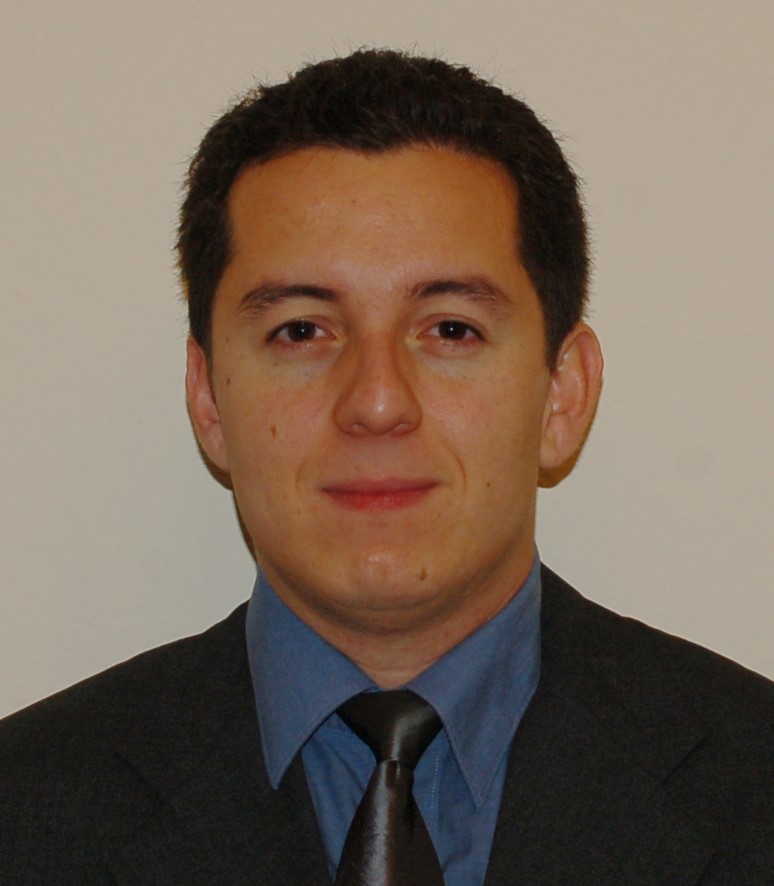
Title of presentation: Biocomputational identification of complex networks mediating gene dosage compensation in cancer
Abstract
Cancer complexity is a consequence of enormous genomic instability leading to aneuploidy, a hallmark of most cancers. We hypothesize that dosage compensation of critical genes could arise from systems-level properties of complex networks of microRNAs (miRNA) and transcription factors (TF) as a way for cancer cells to withstand the negative effects of aneuploidy. We studied gene dosage compensation at the transcriptional level on data of the NCI-60 cancer cell line panel with the aid of computational models to identify candidate genes with low tolerance to variation in gene expression despite high variation in copy numbers. We identified a network of TF and miRNAs validated interactions with those genes to construct a mathematical model where the property of dosage compensation emerged for MYC and STAT3. Compensation was mediated by feedback and feed-forward motifs with 4 miRNAs and was dependent on the kinetic parameters of these TF-miRNA interactions, indicating that network analysis was not enough to identify this emergent property. The inhibition of miRNAs compensating MYC suggests a therapeutic potential of targeting gene dosage compensation against aneuploid cancer. Preprint available at https://www.biorxiv.org/content/10.1101/2020.01.31.928507v1
Brief CV
Rodrigo Mora performed his professional studies at the Faculty of Microbiology of the University of Costa Rica where he also obtained his Master degree in Microbiology. He obtained his PhD in Cancer Biology at the German Cancer Research Center of the University of Heidelberg (Summa Cum Laude) and performed his Postdoctoral training in the group of Integrative Bioinformatics and Systems Biology of Bioquant, Heidelberg. Nowadays, Dr. Mora is a full professor of Virology at the Faculty of Microbiology and the Masters Program of Bioinformatics and Systems Biology of the University of Costa Rica. He holds more than 46 peer-reviewed publications in Virology, Cancer Biology and Systems Biology and obtained the Georg Foster fellowship award from the Alexander von Humboldt Foundation, Germany for his research.
Prof. Dr. Jesús Francisco Vargas-Bonilla
University of Antioquia, Medellín, COLOMBIA
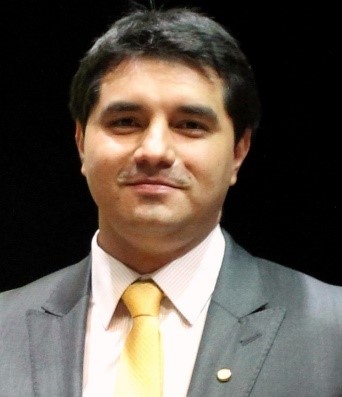
Title of presentation: More than a buzz: bioacoustics as a novel approach to improve insect control
Abstract
Brief CV
Prof. Francisco Vargas is an Electronic Engineer and M.Sc. in Industrial Automation from the National University of Colombia. Ph.D. in Cybernetics and Telecommunications from the University of Las Palmas de Gran Canaria. Since 2004 he has been a professor at the School of Engineering of the University of Antioquia. He has been Head of the Department of Electronic Engineering and Telecommunications, and is currently the Dean of the School of Engineering. He is a member of the Board of Directors of the Colombian Association of Engineering Faculties - ACOFI. He is a Senior Researcher, he belongs to the research group on Embedded Systems and Computational Intelligence (SISTEMIC); with extensive experience in Signal Processing and his area of interest is Intelligent Systems.
Prof. Dra. María del Mar Tavío-Pérez
University of Las Palmas de Gran Canaria, Las Palmas de Gran Canaria, SPAIN
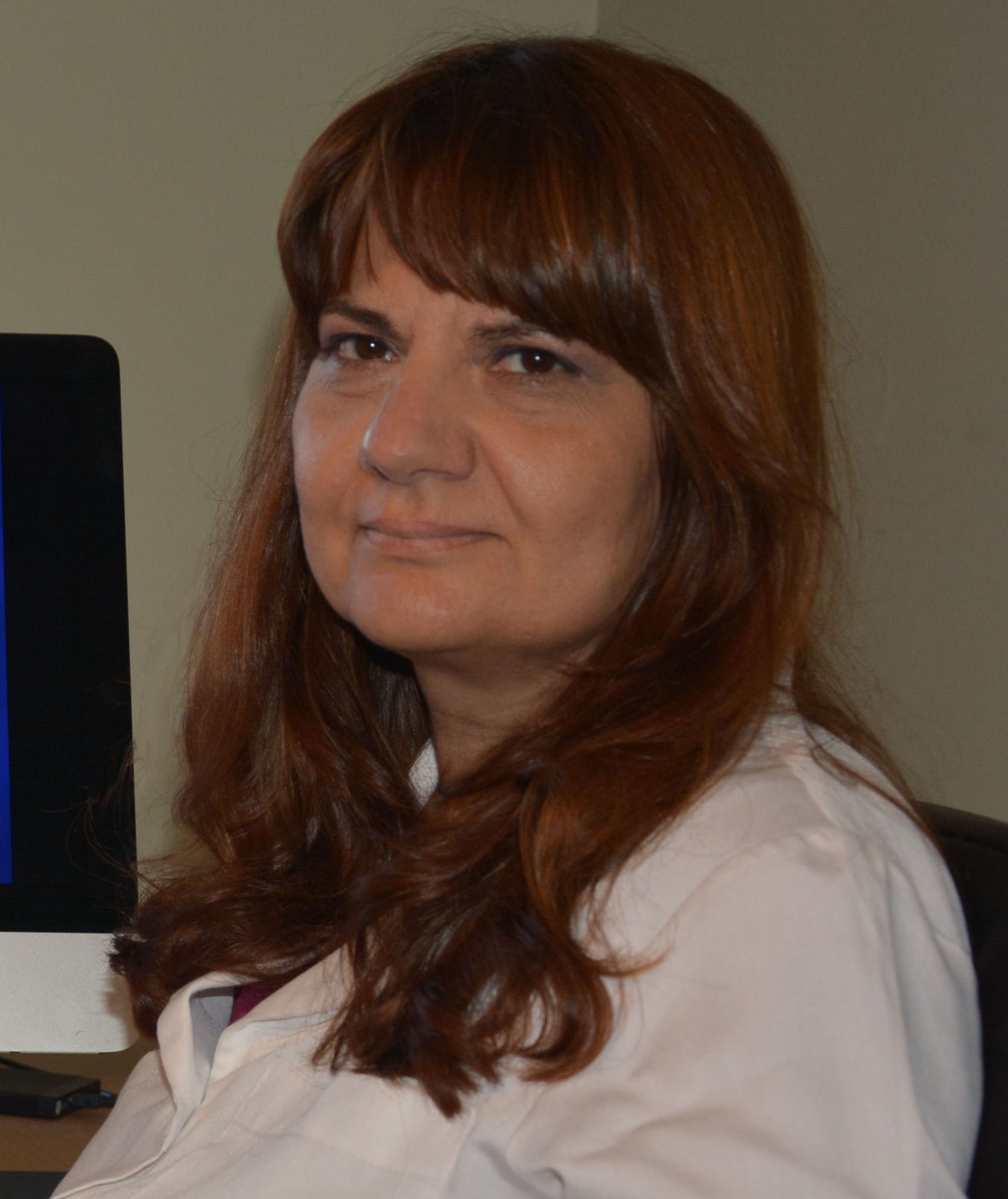
Title of presentation: Iridology for the Detection of Genetic Polymorphisms: An Alternative Method for the Diagnosis of ACE2 Polymorpshim
Abstract
Iridology studies the iris of the eyes and associates the clinical characteristics with its pigmentation and morphology. The study of the iris in a computerized way, as a complementary diagnostic technique, like other imaging techniques, allows a simple, fast and economical initial screening.
During the last decades there has been controversy about the usefulness of iridology in the diagnosis of diseases, however recent scientific works show the detection of genetic polymorphisms, mainly associated with hypertession, through the study of the iris.
Since the appearance of COVID-19 last December, its global expansion has been unstoppable, with millions of infected people and more than one million deaths, so far. The causative agent of the current pandemic is SARS-CoV-2, which is a positive single-stranded RNA virus with an helical symmetry nucleocapsid and enveloped. SARS-CoV-2 enters human cells through the ACE2 receptor.
ACE2 is a type 1 integral membrane glycoprotein comprising 805 amino acids with a small C-terminal and N-terminal cytoplasmic domain and the catalytic side facing the extracellular space. ACE2 is expressed and active in most human tissues. Although, the significant expression of ACE2 in type II alveolar epithelial cells predicts a high impact of infection in the lungs during SARS-CoV-2 infection. In this regard, dyspnea and abnormalities on chest computed tomography images are frequently found in symptomatic COVID-19 patients.
The ACE2 gene shows a high degree of genetic polymorphism, and some variants have been associated with hypertension, dyslipidemia, and cardiovascular risk.
Here, we will analyze scientific descriptions about the use of iridology in the detection of genetic polymorphisms. Likewise, we will discuss its possible use in the assessment of the prognosis of COVID-19 patients.
Brief CV
Medical Doctor & Ph D in Medicine.
Full Professor of Microbiology at the University of Las Palmas de Gran Canaria.
Her main domain of research is on molecular basis of antibiotic resistance, with more than 40 published articles on quinolone and beta-lactam resistance.
She has served as ad hoc reviewer for Revista Española de Quimioterapia, Trends in Microbiology, Sensors, Folia Microbiologica in it also member of the board of reviewers, International Journal of Nanomedicine, Canadian Journal of Microbiology, International Journal of Molecular Sciences, Materials, Veterinary Journal, Journal of Global Antimicrobial Resistance, PLOS ONE, among others.
She has also served as expert ad hoc member for the European commission, Research Directorate General and for several agencies for the assessments or research projects: Spanish National Agency for Evaluation and Prospective and Castilla y León Agency for the Quality of the University System. Since March 2019, she is member of Advisory Committee for Biomedical Sciences of the National Commission for the Evaluation of Research Activity.
Co-Editor for the Special Issue "Molecular Diagnostics of Antimicrobial Resistance" of the journal Diagnostics.
Principal Investigator in funded projects in the field of antibiotic resistance, and Lead Scientist on the project “Structure-Activity Relationships of the QnrS resistance protein” at Harvard Medical School, Boston, Ma, USA. Funded by the US Public Health Service. National Institutes of Health and Spanish Ministry of Education.
More than 10 invited conferences in International Congresses and at the University of Notre-Dame, USA and the University of L´Aquila, Italy.
Supervisor of works for Ph D degree and Master on the field of antibiotic resistance.
